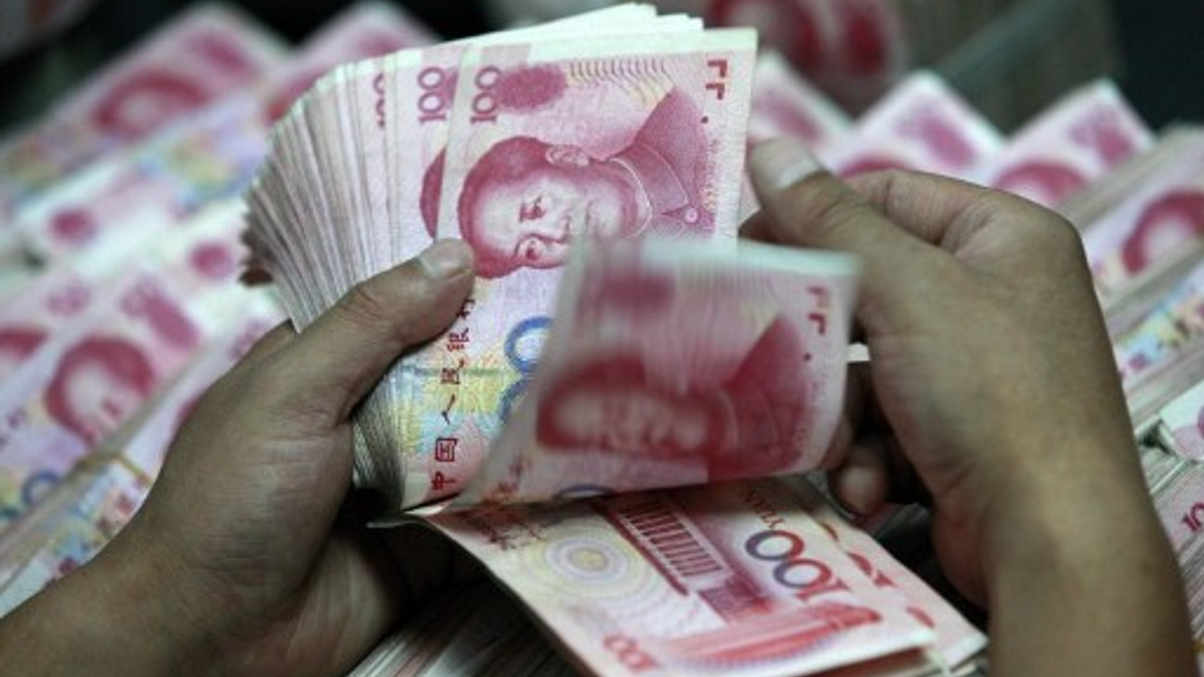Anti-graft probes position Chinese banks in tight spot
Chinese banks have been ordered to lend more, but fear anti-corruption investigations.

A version of this article was first published in FinanceAsia.
Sign in to read on!
Registered users get 2 free articles in 30 days.
Subscribers have full unlimited access to AsianInvestor
Not signed up? New users get 2 free articles per month, plus a 7-day unlimited free trial.
¬ Haymarket Media Limited. All rights reserved.


